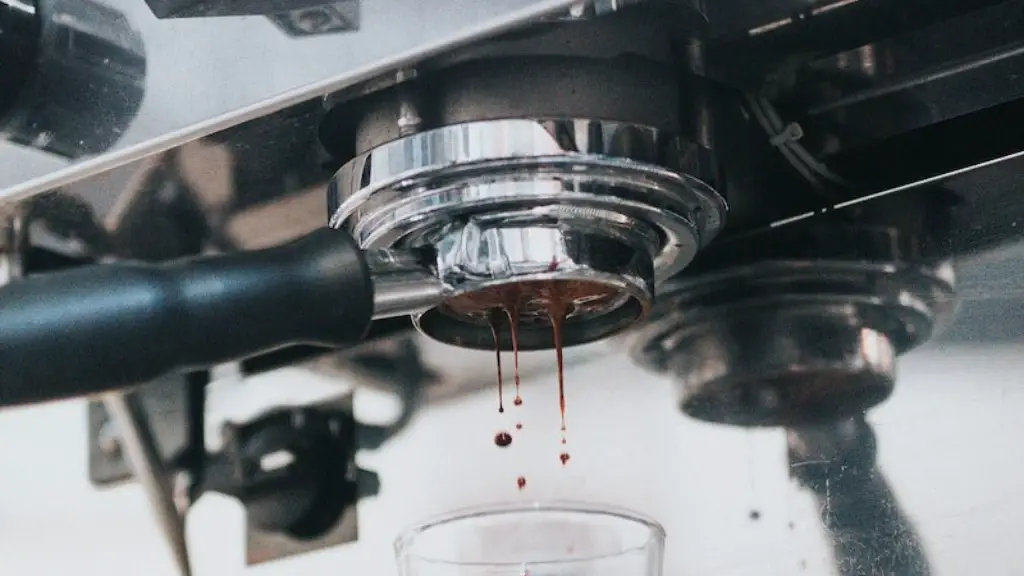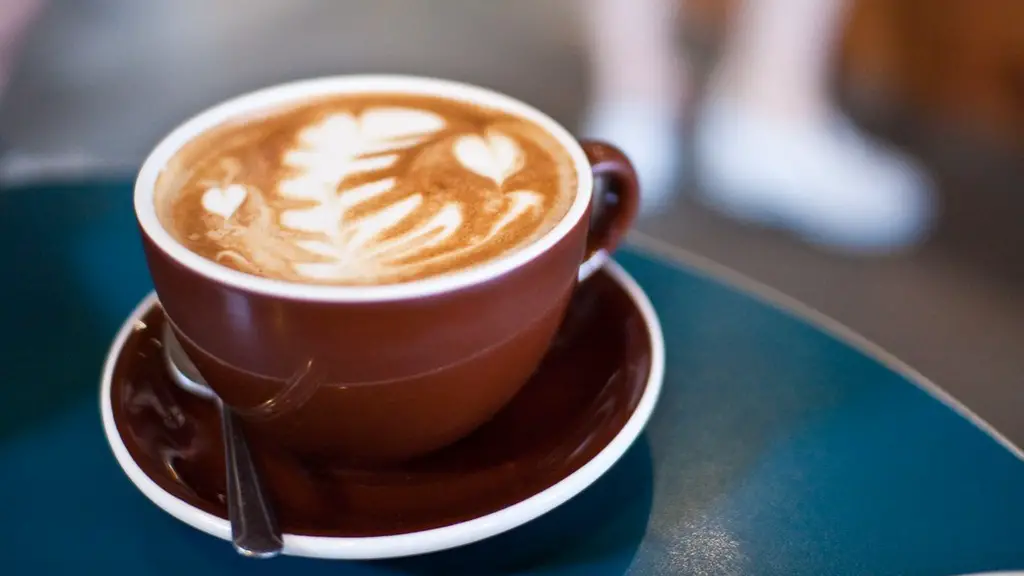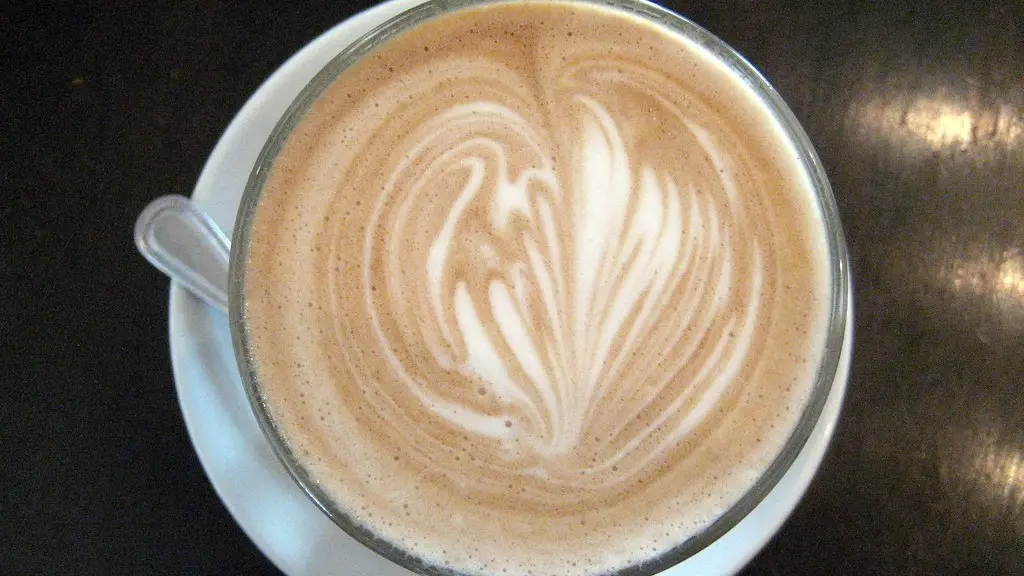Anesthesia is a commonly used form of medicine that puts patients into a state of unconsciousness. During a medical procedure, anesthesia is used so that patients do not feel pain and can remain unconscious for the duration of the procedure. Anesthesia is given through an intravenous route, inhalation route, or through a combination of both. The question often arises whether or not it is safe to drink coffee after anesthesia.
The question of whether or not drinking coffee is safe after anesthesia can be answered by looking at the effects that anesthesia has on the body. Anesthesia is a depressant, meaning that it reduces the functioning of the central nervous system, which can make a person feel tired and weak. Coffee is a stimulant, so drinking it after being exposed to anesthesia can have a counteracting effect, creating a heightened level of alertness. This could increase the risk of a person feeling the effects of anesthesia quicker or longer.
In order to make an informed decision on whether or not it is safe to drink coffee after anesthesia, advice from an expert needs to be sought. Medical professionals can advise patients on the potential risks and benefits of drinking coffee after anesthesia and make necessary recommendations to ensure safety. It is also important to understand the individual’s medical history and any medications that they are taking, as this could also influence the advice given.
Caffeinated drinks, in general, can react differently to different people and in certain situations. For example, a person with a low tolerance or sensitivity to caffeine may have an adverse reaction if they consume coffee after anesthesia. Additionally, certain specific medical conditions can increase the risk of an adverse reaction if drinking coffee after anesthesia. These can include cardiovascular problems, anxiety, and insomnia. Therefore, it is important to consider any personal risk factors and discuss the issue with a medical professional.
Other things that need to be considered are the type and strength of the anesthesia and how it was administered. If a general anesthetic was administered intravenously or through inhalation, then drinking coffee could increase the risk of side effects. In general, it is advised to wait for at least 24 hours before drinking any caffeinated drink, as this should give the body ample time to recover from being exposed to the effects of anesthesia.
To make sure that drinking coffee after anesthesia is done in a safe manner, medical advice should be sought before making any decisions. Speak to a doctor or anesthetist who knows your medical history and can give an appropriate recommendation.
Dose and Strength of Anesthesia
When determining whether it is safe to drink coffee after receiving anesthesia, it is important to consider the type of anesthesia and the strength used. General anesthesia is administered in varying levels and at different dosages, depending on the procedure, body weight, and expected duration of the procedure. Stronger levels of anesthesia are associated with a longer duration of recovery and a greater risk for side-effects.
The strength of the anesthesia will affect how quickly and safely a person can return to normal activity. A strong dose of anesthesia can cause a person to feel drowsy and weak for an extended period of time. This can be compounded if, during the recovery period, coffee or any other type of stimulant is introduced. Therefore, it is important to carefully consider the strength of the anesthesia used and wait for the effects to wear off for a certain period before introducing coffee—usually at least 24 hours.
Potential Side Effects
One of the most important things to consider before drinking coffee after anesthesia is the potential side-effects. The most common side-effects of drinking coffee after anesthesia range from feeling lightheaded and dizzy, to nausea and stomach pain. These can be caused by the conflicting effects of anesthesia and caffeine, as both have a depressant and stimulant effect on the central nervous system, respectively. Additionally, there is also a risk of having an allergic reaction due to the introduction of caffeine.
It is also important to consider any current medications that may interact with caffeine, as this could increase the risk of developing side-effects. For example, caffeine can interact with medications such as benzodiazepines and barbiturates, and therefore it is important to check with a doctor or pharmacist to ensure that drinking coffee would not affect any existing medications.
Alternatives for Caffeine Intake?
If a person does not feel comfortable drinking coffee after receiving anesthesia, there are other alternatives for providing caffeine to the system. Caffeinated beverages such as tea, hot chocolate and energy drinks contain much lower concentrations of caffeine than coffee, and so may be more suitable. Additionally, caffeine can be taken in the form of supplements or pills, which are often more regulated in terms of dose and so the risk of side-effects can be reduced. Therefore, these options can provide a safer and more comfortable alternative to drinking coffee after anesthesia.
Conclusion
Drinking coffee, or any caffeinated beverage, after being exposed to anesthesia can have a counteracting effect and increase the risk of side-effects. Therefore, it is vital that advice is sought from a medical professional or pharmacist before any decisions are made. Medical experts will be able to provide a tailored advice based on an individual’s medical history and any medications that they are taking, as this can influence the advice that is given. If a person decides that it is safe for them to drink coffee after anesthesia, it is advised to use low doses and to wait for the effects of the anesthesia to wear off for at least 24 hours before doing so.



